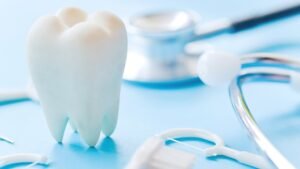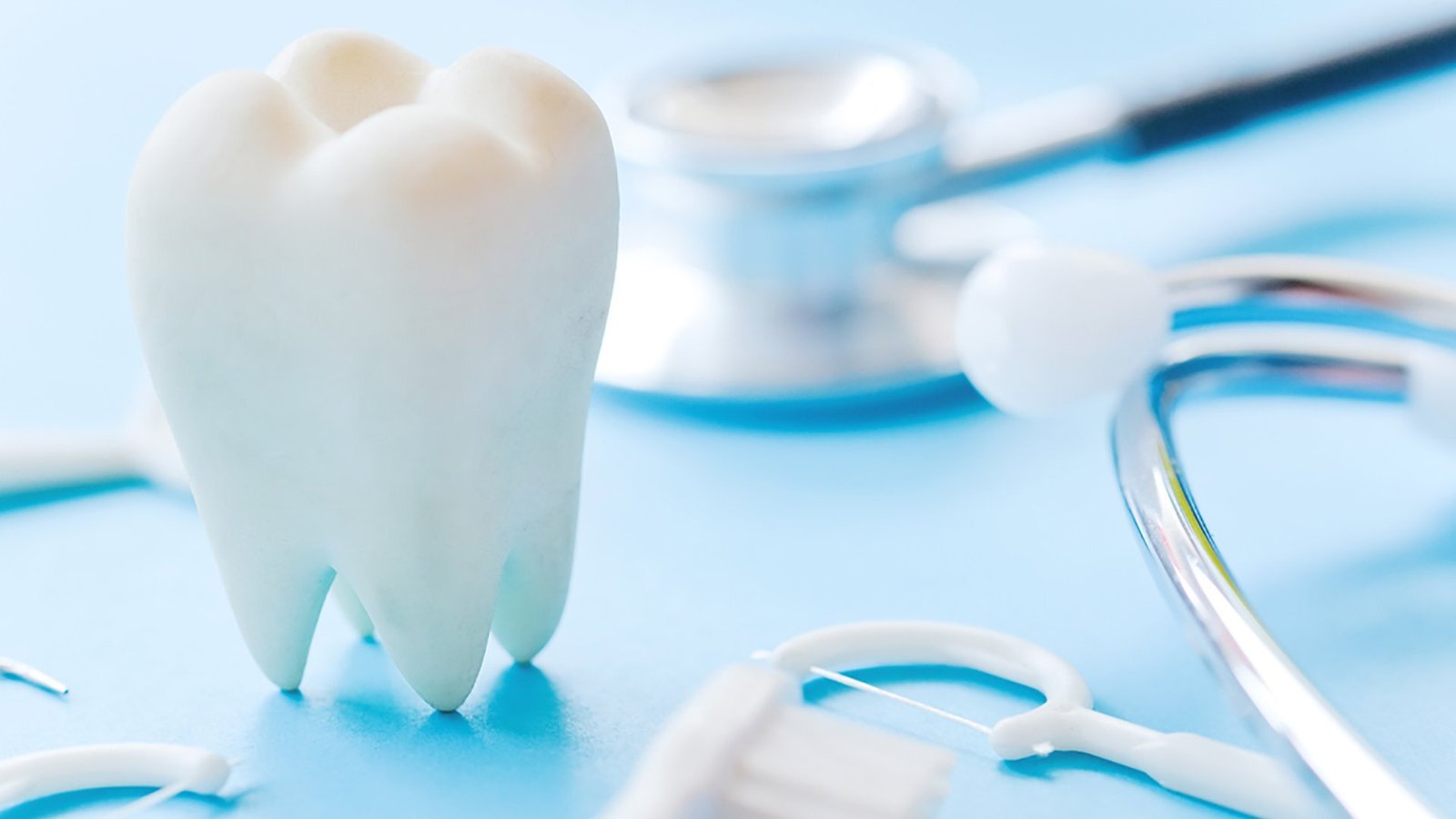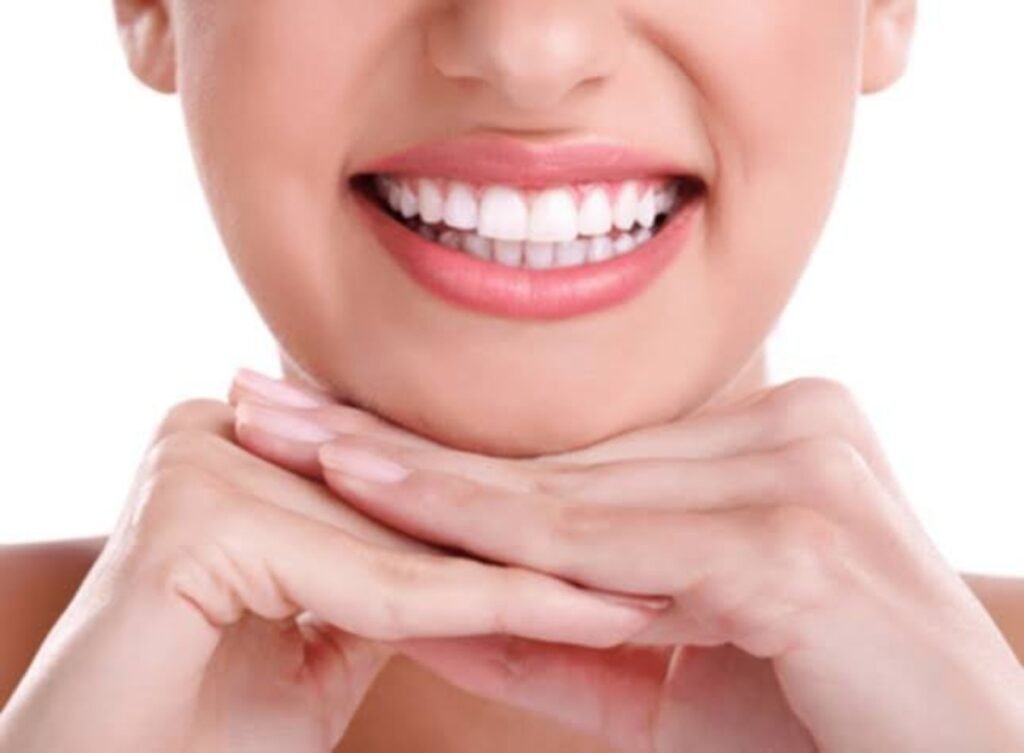It may seem some people only brush their teeth to maintain that brightness but proper oral hygiene does have an impact on your health. The right care of our teeth may help avoid problems such as cavities, gum diseases, breath halitosis, and even some other severe health disorders. The skills for having good oral hygiene are essential if you want to keep a healthy mouth or a brilliant smile. With the following few habits and the right amount of knowledge as to what must be done and what should not be done, you can have a healthy and bright smile for a very long time. The following sections of this guide aim to discover the state of oral hygiene and how the necessary tips help to make it a healthier practice. Understanding how to have good oral hygiene is essential for maintaining a healthy mouth and a radiant smile. With a few simple habits and the right knowledge, you can keep your smile healthy and radiant for years to come.
This guide is designed to help you learn how to get good oral hygiene and understand the importance of oral hygiene. By following these practical tips for good oral hygiene, you can maintain a healthy mouth and a brilliant smile for years to come.
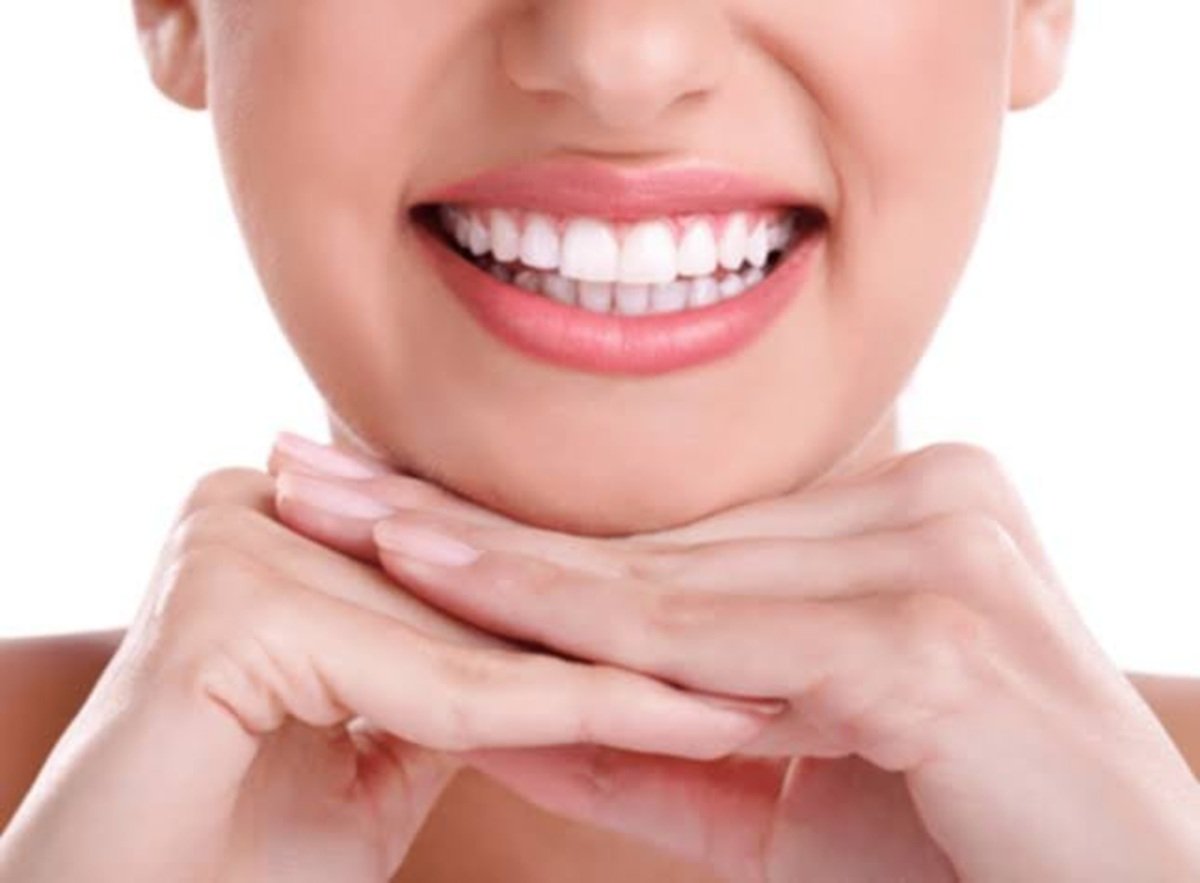
The Importance of Oral Hygiene
Understanding the importance of oral hygiene is the first step in developing a lasting oral hygiene routine. Your mouth plays a crucial role in your overall health. Neglecting oral hygiene can lead to various Dental Care issues, such as cavities, gum disease, and persistent bad breath. Illnesses regarding oral health are said to be correlated with diseases such as heart disease, diabetes, and even respiratory infections. Caring for your teeth is not just about having a great smile, the importance of oral hygiene is about preserving a great and healthy life.
So, how to have good oral hygiene isn’t just about a beautiful smile; it’s about preserving your overall health and well-being. A simple and consistent oral hygiene routine can prevent these serious health issues and promote a healthier lifestyle.
How to Have Good Oral Hygiene: Tips for a Healthier Smile
If you’re wondering how to get good oral hygiene, here are the essential steps and tips for good oral hygiene that everyone should follow to ensure strong, healthy teeth and gums.
Tip 1. Brush Your Teeth Properly
Brushing your teeth twice a day is the foundation of any good oral hygiene routine. However, how to have good oral hygiene isn’t just about brushing—it’s about doing it the right way to ensure effective plaque removal.
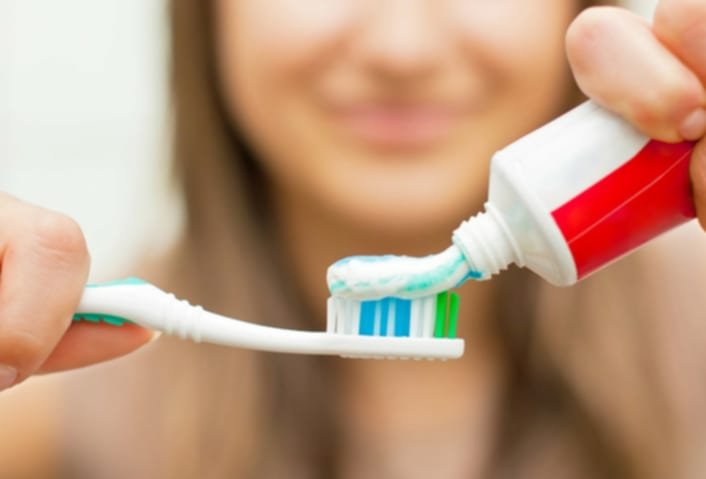
- Use the Right Technique: Brush at a 45-degree angle to the gums, short and gentle back and forth horizontal motions against the Gum margin. You should not leave out the chewing surfaces, special and inside surfaces of the teeth.
- Brush for Two Minutes:: Make sure to brush for at least two minutes—this is a critical part of how to get good oral hygiene. Brushing for the right amount of time ensures that plaque is effectively removed, which is vital to your oral hygiene routine.
- Choose the Right Toothbrush: Opt for a soft-bristled toothbrush to protect your enamel and gums. Replace your toothbrush every 3 to 4 months, or sooner if the bristles appear worn or frayed.
Tip 2. Don’t Forget to Floss Daily
The use of Floss is generally ignored by a lot of people. This can clean areas where the brush can not reach and helps in the prevention of plaque and diseases of the gums is the core of how to get good oral hygiene and how to maintain healthy gum.
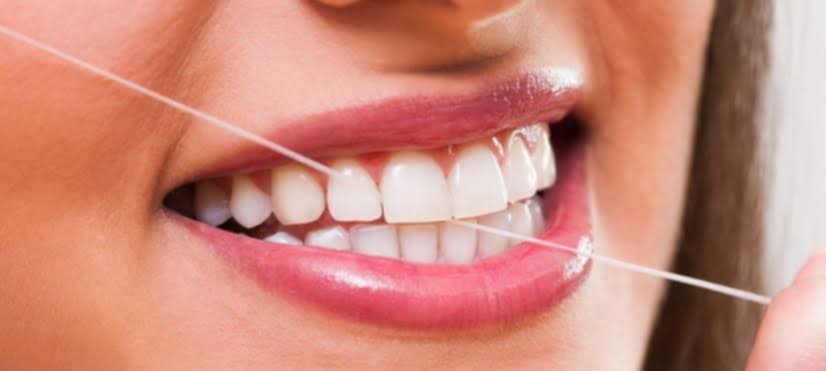
- Use the Correct Flossing Technique: Gently slide the floss between your teeth and move it up and down to remove plaque. Flossing once a day is a simple but powerful way to maintain good oral hygiene.
- Consider Alternatives: If conventional floss causes you irritation, use floss picks, or a water flosser since they work as well as the conventional floss.
Tip 3. Use Mouthwash for Added Protection
Incorporating mouthwash into your oral hygiene routine can provide additional benefits. It can help kill bacteria, reduce plaque, and freshen your breath. If you want to enhance how to have good oral hygiene, mouthwash is a simple yet effective way to add another layer of protection.
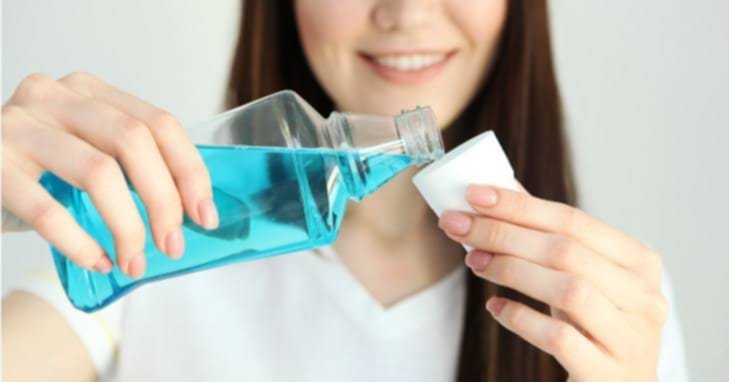
- Choose the Right Mouthwash: Look for an antimicrobial or fluoride-based mouthwash, as these can reduce plaque buildup and support good oral hygiene by strengthening your enamel.
- Use Mouthwash at the Right Time: Using the mouthwash only for its therapeutic effect go ahead and rinse your mouth after brushing and flossing and following the instructions given in the bottle or pack.
Tip 4. Limit Sugary and Acidic Foods
What you eat directly affects how to have good oral hygiene. Foods high in sugar and acid encourage the growth of harmful bacteria, which can contribute to plaque formation and tooth decay. If you want to keep your oral hygiene routine effective, make sure to limit foods that contribute to these problems.

- Reduce Sugary Snacks: Sugars feed the bacteria in your mouth, which produce acids that harm your enamel. Avoid sugary snacks between meals to help you maintain how to get good oral hygiene.
- Watch Out for Acidic Foods: Citrus fruits, soda, and other acidic foods can erode enamel. After consuming these foods, rinse your mouth with water to neutralize the acids and reduce the risk of damage. These small steps can ensure your oral hygiene routine remains effective.
- Eat Tooth-Friendly Foods: Examples of such should include cheese, nuts, as well as green-leaved vegetables since they contain essential minerals such as calcium and phosphorus that keep our teeth healthy.
Tip 5. Stay Hydrated and Chew Sugar-Free Gum
Staying hydrated is crucial for maintaining how to have good oral hygiene. Drinking water throughout the day helps wash away food particles and bacteria, contributing to cleaner teeth and gums. Chewing sugar-free gum is also a great addition to your oral hygiene routine.
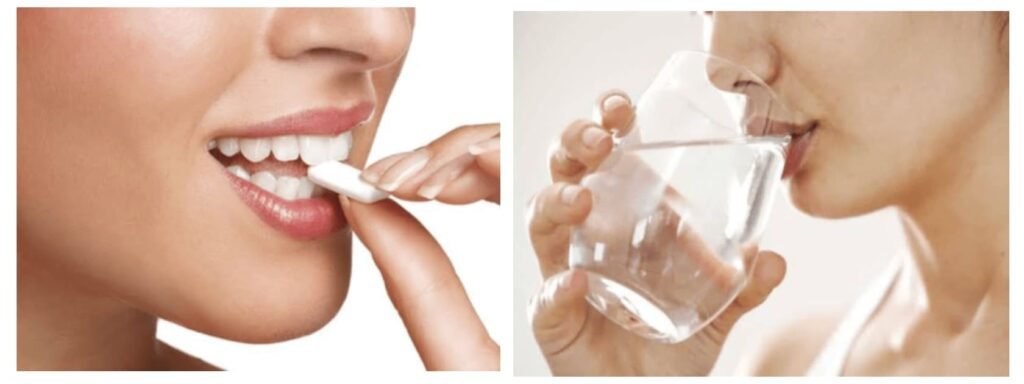
- Drink Plenty of Water: Intake of water often in between meals and especially after a meal may reduce the cases of food particles and bacteria on our teeth.
- Chew Sugar-Free Gum: It depresses the rate at which bacteria can grow, bringing with it a contribution to a more neutralized protecting pH of the mouth. Choose gums that have xylitol, a sweetener that can minimize the growth of dangerous bacteria in the oral cavity.
Tip 6. Avoid Smoking and Limit Alcohol
Tobacco as well as alcohol cause dryness in your mouth leading to excessive production of bacteria, which may result in severe dental problems. These habits dry out your mouth, which creates a perfect environment for bacteria that cause tooth decay and gum disease. If you want to know how to have good oral hygiene, avoiding smoking and limiting alcohol is a crucial part of your daily care.
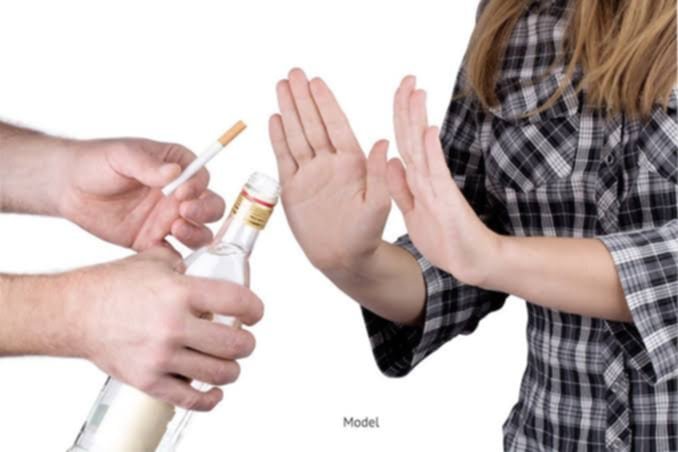
- Quit Smoking: Smoking is a Stratonym for the immune system or the body’s ability to fight any gum infections. It also chlorophylls teeth and causes bad breath.
- Limit Alcohol Consumption: The mouth is dried by virtue of alcohol use, and this will create a place for bacteria to breed. Better choose wine moderation and yet, if you cannot do that- you try to use the straw to make minimal contact with the teeth.
Tip 7. Visit Your Dentist Regularly
Regular dental visits are key to maintaining how to have good oral hygiene. Professional cleanings and exams help catch issues early, ensuring you don’t face more serious dental problems down the road.
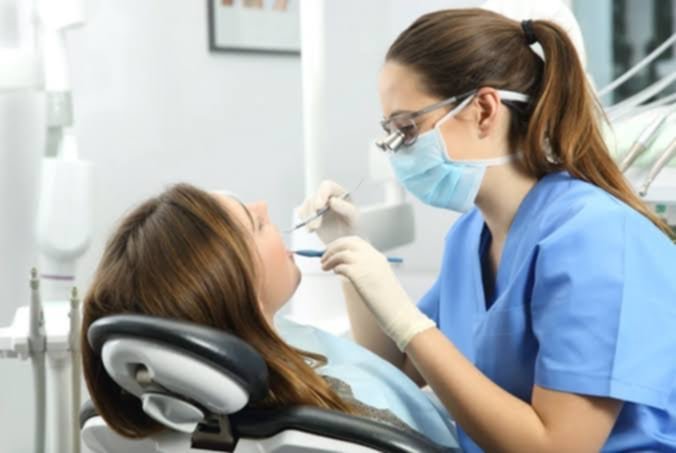
- Schedule Check-Ups Every Six Months: It’s essential to visit your dentist every six months as part of your oral hygiene routine. These routine appointments allow your dentist to monitor your oral health and catch potential issues early before they become more severe.
- Get Professional Cleanings: Teeth cleaning is more rigorous as compared to brushing and flossing, and any procedure, that prevents the formation of plaque and takes care of gums, is beneficial.
Tip 8. Use Fluoride for Stronger Teeth
Fluoride plays a key role in how to have good oral hygiene by preventing tooth decay and strengthening tooth enamel. Fluoride-based toothpaste is a very easy way to upgrade your knowledge and tips for good oral hygiene to construct a fortified shield against cavities.
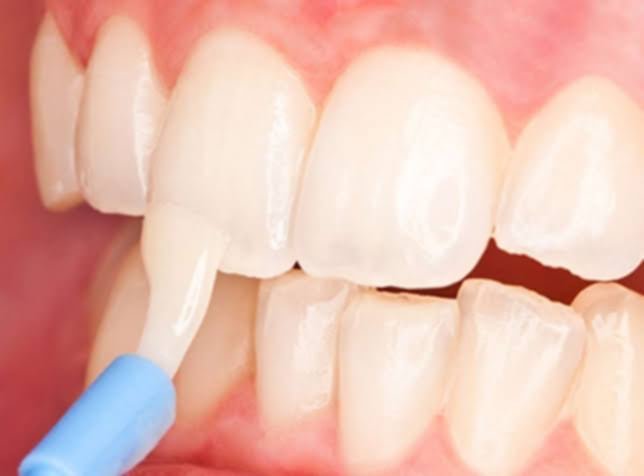
- Brush with Fluoride Toothpaste: Fluoride contained in toothpaste improves the hardness of the enamel and your teeth are therefore less susceptible to Dental Care decay.
- Consider Additional Fluoride Treatments: A few people get to derive benefits from the fluoride mouth rinses or professional administration of fluorides. You should consult with your dentist whether this is advised for you.
Tip 9. Don’t Ignore Dental Issues
Ignoring dental problems is a surefire way to let them worsen over time. For how to have good oral hygiene, addressing dental problems early is crucial for maintaining good oral hygiene.

- Watch for Warning Signs: See a dentist if you have a toothache, sensitive gums, gum bleeding or your teeth are wobbling. Prevention requires that a business takes appropriate action the moment it identifies small problems so that they do not develop into big problems.
- Be Proactive: A simple hole or gum issue can be fixed if treated early and this will minimize the chances of more complex treatments in the near future.
Conclusion
Knowing how to have good oral hygiene is more than just brushing your teeth. It’s about developing a consistent oral hygiene routine that includes brushing, flossing, using mouthwash, and visiting your dentist regularly. By following these tips for good oral hygiene, you’ll keep your teeth and gums healthy and reduce your risk of developing serious health issues. Remember, how to get good oral hygiene isn’t difficult—just focus on consistency and follow the right steps. Start today, and protect your smile for the future!


